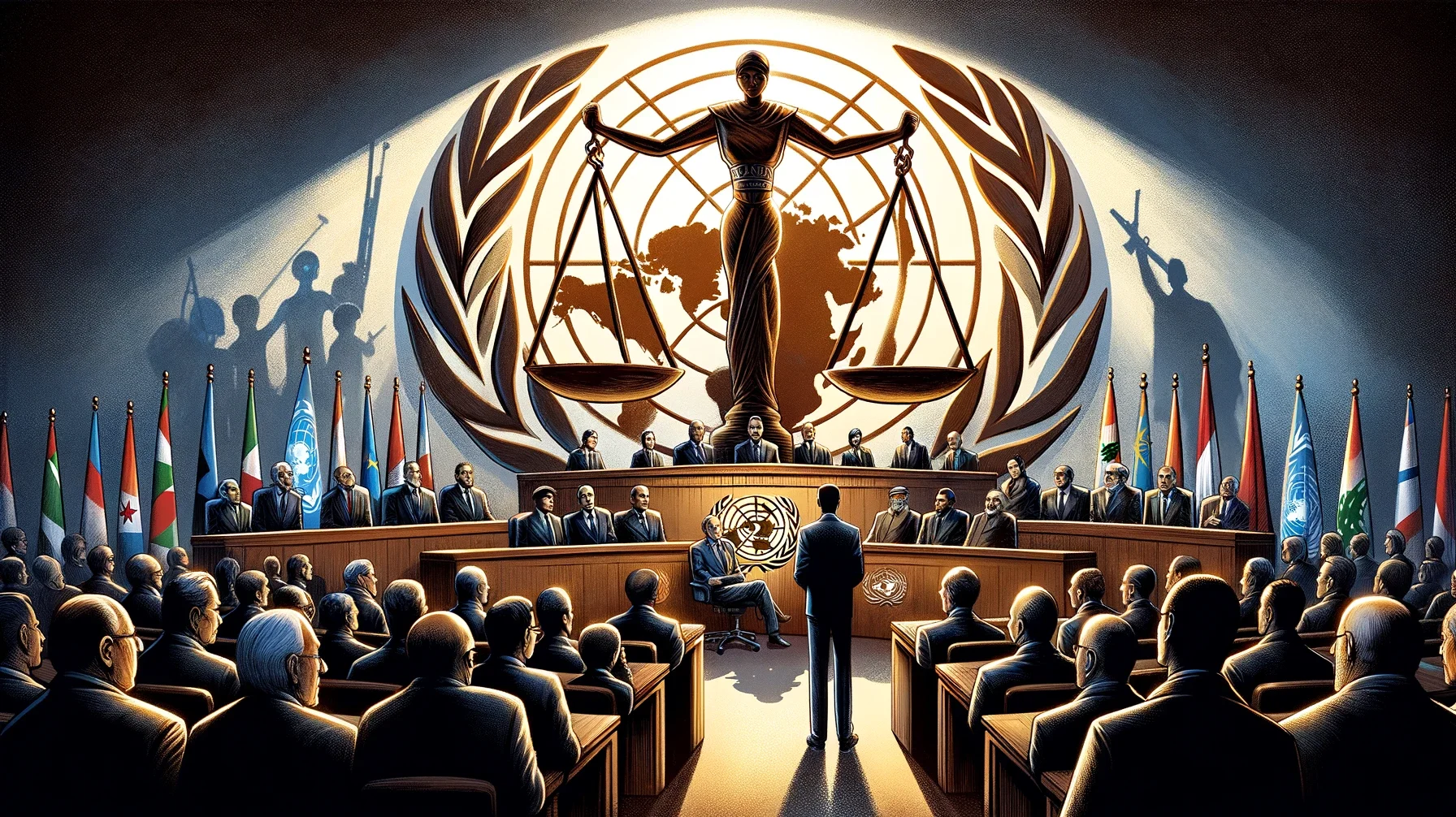What Does the Closure of the Special Tribunal for Lebanon Mean?
An-Nahar, Lebanon, January 5
A recent decision by UN Secretary-General António Guterres to close the Special International Tribunal investigating the assassination of former Lebanese Prime Minister Rafik Hariri has raised concerns about the effectiveness of the court. The court was established in 2007 with the support of the Security Council, but over time, its credibility has been undermined by political pressures and skepticism from regional and international players. Opponents of the court, including Syria, Iran, and Hizbullah, have accused the court of being politicized and serving purposes beyond its intended scope. While the court aimed to uncover the truth behind Hariri’s murder and the political ramifications it entailed, skeptics argue that even its findings could be influenced by political bias. Leaks revealing sensitive information from the court’s investigations have further damaged its credibility. It has become evident that media outlets affiliated with Hizbullah and its allies have been responsible for publishing scandals related to the court, suggesting an infiltration of confidential court files with the help of international agencies connected to nations aligned with Syria and Iran. However, the relentless effort to distort the court’s work only underscores its significance and the potential impact it could have on Lebanon and the region. If the court were truly aligned with political interests, it would have issued rulings favoring the accused and shielding them from consequences. Yet, this has not been the case. The court has relied on technical evidence rather than political motives, aiming to present its findings free from political interpretation. It has coldly disregarded the political motivations behind the assassination and focused on substantive evidence and facts to hold individuals accountable. The court’s rulings have made it clear that those convicted were responsible for the crime, without taking political affiliation into account. Although the convicted individuals belong to Hizbullah, the court treated this affiliation as a personal detail rather than a political factor. When the court first began its work, it was hailed as a beacon of justice. Former Prime Minister Saad Hariri described it as a historic day, with justice in Lebanon being symbolically represented in The Hague. And when the court issued its ruling in August 2020, Saad Hariri accepted it, emphasizing the importance of implementing justice, regardless of the time it takes. The court’s examinations and rulings have offered closure to Hariri’s family, Lebanon, and the international community, free from political interference. By condemning members of Hizbullah, the court implicitly accused the Party and its affiliates of involvement in a political crime of significant magnitude. The recent decision to close the court leaves behind three ongoing cases, including the assassination of former Secretary-General of the Lebanese Communist Party George Hawi and two attempts to assassinate former minister Elias Murr and current MP Marwan Hamadeh. The closure of the Special Tribunal for Lebanon marks the end of a historical chapter in need of closure. The world we live in today is characterized by complex geopolitical dynamics and competing interests among China, Russia, Iran, the Arab nations, and the West. In such a fragmented landscape, it is challenging to envision the court playing a meaningful role in promoting fairness and justice. Nevertheless, the court’s archives have been transferred to the United Nations headquarters, leaving the possibility of its revival should future international circumstances deem it necessary. —Muhammad Qawwas (translated by Asaf Zilberfarb)
This holiday season, give to:
Truth and understanding
The Media Line's intrepid correspondents are in Israel, Gaza, Lebanon, Syria and Pakistan providing first-person reporting.
They all said they cover it.
We see it.
We report with just one agenda: the truth.



